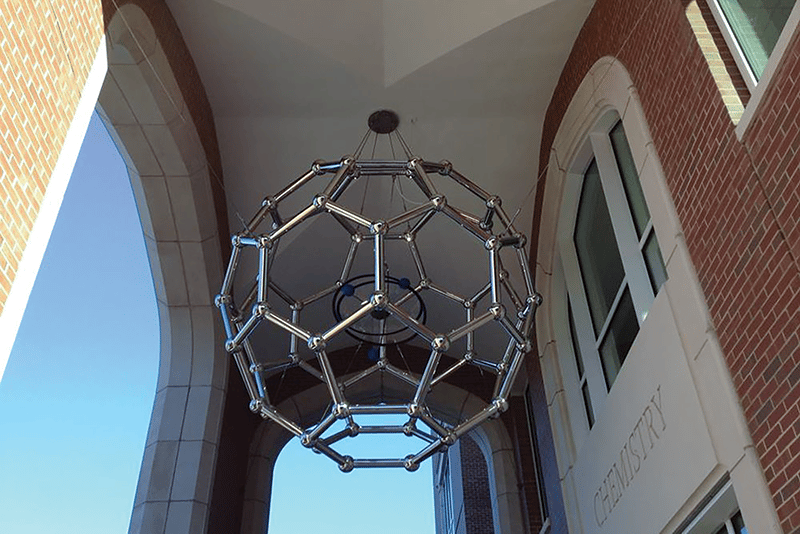departments
CERAMICS IN MANUFACTURING:
Research News
Stab-resistant fabric gains strength from carbon nanotubes, polyacrylate
Fabrics that resist knife cuts can help prevent injuries and save lives. But a sharp enough knife or a very forceful jab can get through some of these materials. Now, researchers report that carbon nanotubes and polyacrylate strengthen conventional aramid to produce lightweight, soft fabrics that provide better protection. They say it is because the nanotubes create bridges between the fibers, thereby increasing friction. Additionally, the nanotubes form a thin, protective network that disperses stress away from the point of impact and helps prevent fiber disintegration. Visit the website for more information.
Using solar farms to generate fresh desert soil crus
In a proof-of-concept study, Arizona State University researchers adapted a suburban solar farm in the lower Sonoran Desert as an experimental breeding ground for biocrust. Biocrusts, or biological soil crusts, are communities of living organisms that form a thin layer on the surface of soils in arid and semi-arid ecosystems. They play a crucial role in maintaining soil health and ecosystem sustainability, but human activities can lead to the degradation of biocrusts. During the three-year Arizona State study, photovoltaic panels promoted biocrust formation, doubling biocrust biomass and tripling biocrust cover compared with open areas with similar soil characteristics. Visit the website for more information.




